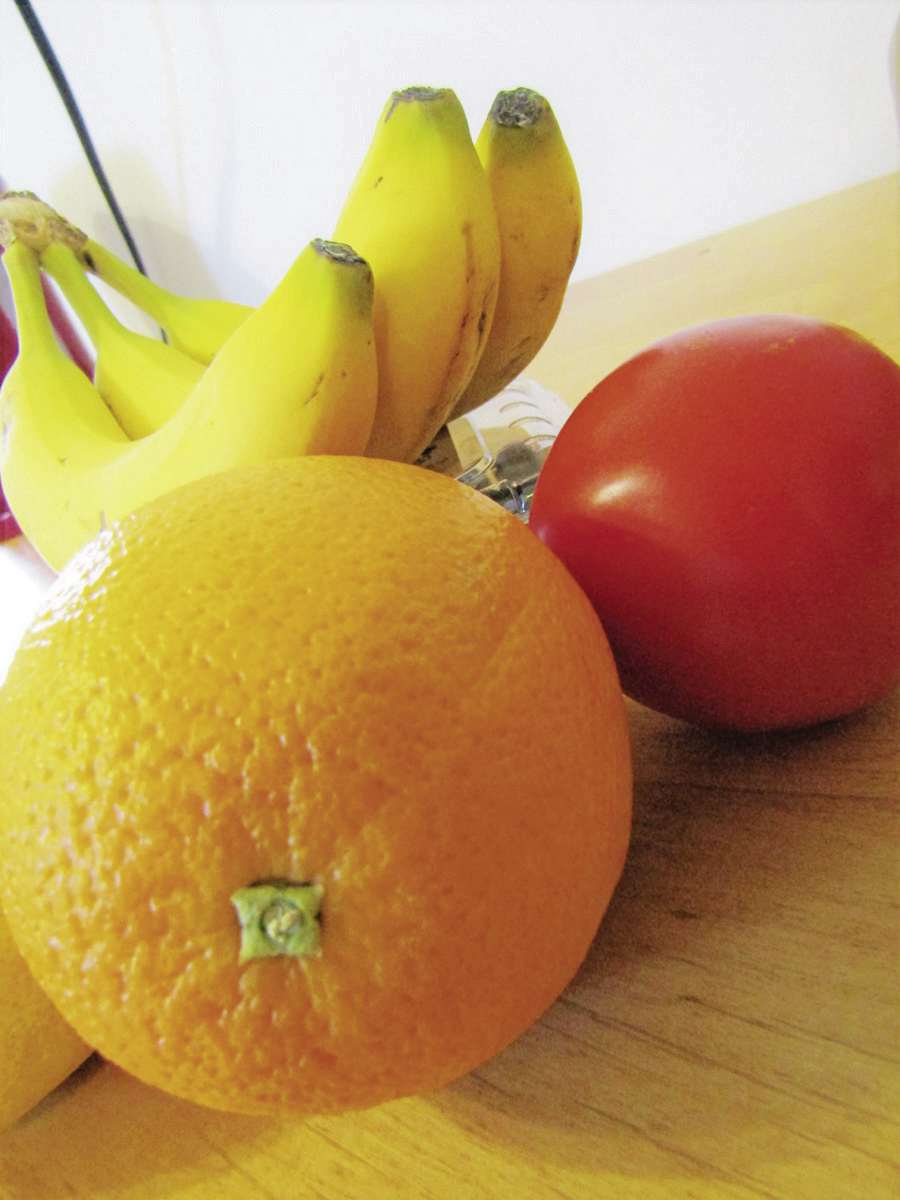The trouble with buying organic
Advertisement
Hey there, time traveller!
This article was published 11/10/2019 (2186 days ago), so information in it may no longer be current.
There often seems to be a Catch-22 situation to buying organic produce at the grocery store. Apart from the fact that there are usually few organic options, organic produce is typically heavily packaged.
Choosing between non-organic produce available in bulk or recyclable packaging, and organic produce packaged in non-recyclable plastics puts every consumer in a bit of a conundrum. If you’re trying to do your part for the environment by choosing food that is produced responsibly, why would you want to purchase that food in packaging that creates more waste?

Two major reasons often cited for the use of plastic packaging are that it protects organic food from coming into contact with non-organic food that has been sprayed with pesticides or herbicides, and it helps keep food fresh longer.
Like non-organic produce, organic produce is often also grown with the use of pesticides, although these will be natural instead of synthetic ones. There have been studies that have shown that organic produce is not completely free of synthetic pesticides, either. This is due to trace residues from a variety of sources, including pesticide use on nearby non-organic fields.
Does an attempt to limit any pesticide transfer from non-organic to organic produce warrant the heavy use of non-recyclable plastic packaging?
It’s not just organic produce that presents this problem. Plenty of pre-packaged organic foods come in non-recyclable plastic packaging as well — things such as rice, pasta, frozen foods, snacks, and baked goods.
So, what’s a consumer to do?
To start, check out the Environmental Working Group’s annual Dirty Dozen and Clean Fifteen lists (https://www.ewg.org/foodnews/), which provides information about the produce with the highest pesticide residues and those with the lowest. This can help with shopping for organic produce.
You can also look to local farmers’ markets and health food stores for organic produce and products that come unpackaged or in recyclable packaging.
Bulk food stores are another good option for organic flours, grains, and snacks. Or try growing your own produce outdoors in the summer or indoors year-round with the help of grow lights or a sunny window.
Finally, if you’re feeling inspired, consider contacting your local grocery store to ask them to look for alternative organic produce suppliers that have made a commitment to using no packaging or packaging that is biodegradable or recyclable.
Melody Rogan is a community correspondent for Radisson. You can email her at preeneditorial@gmail.com

Melody Rogan
Radisson community correspondent
Melody Rogan is a community correspondent for Radisson. You can email her at preeneditorial@gmail.com
Our newsroom depends on a growing audience of readers to power our journalism. If you are not a paid reader, please consider becoming a subscriber.
Our newsroom depends on its audience of readers to power our journalism. Thank you for your support.



